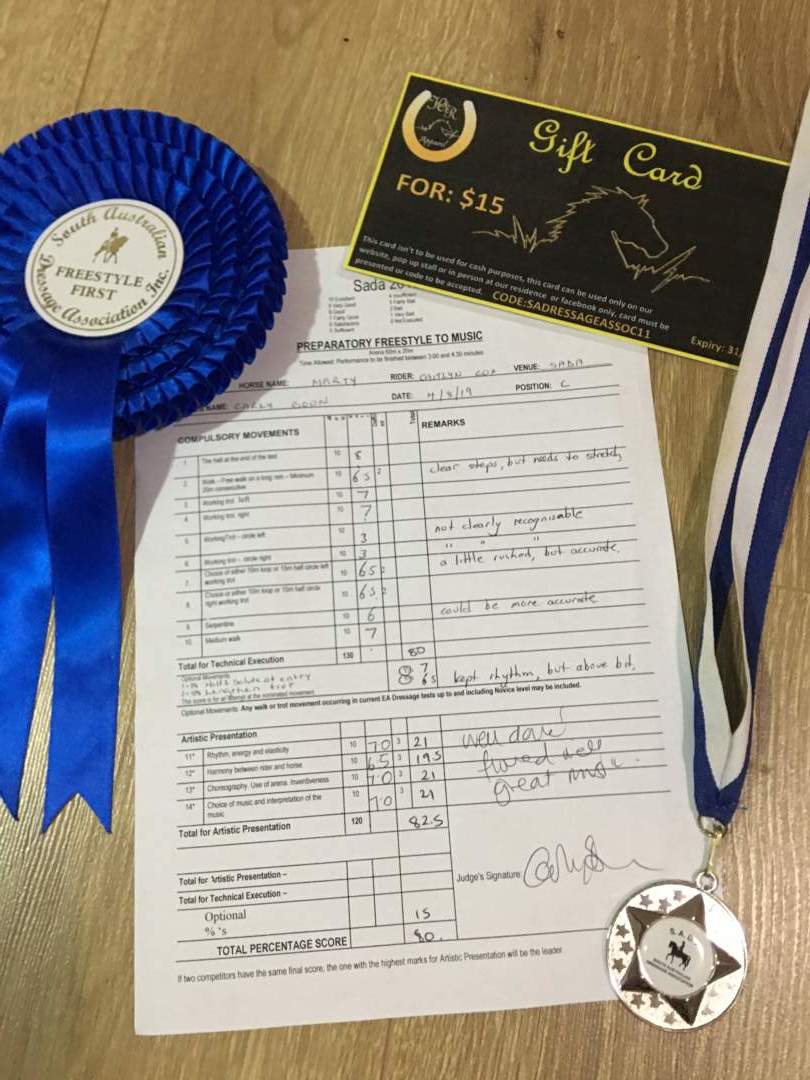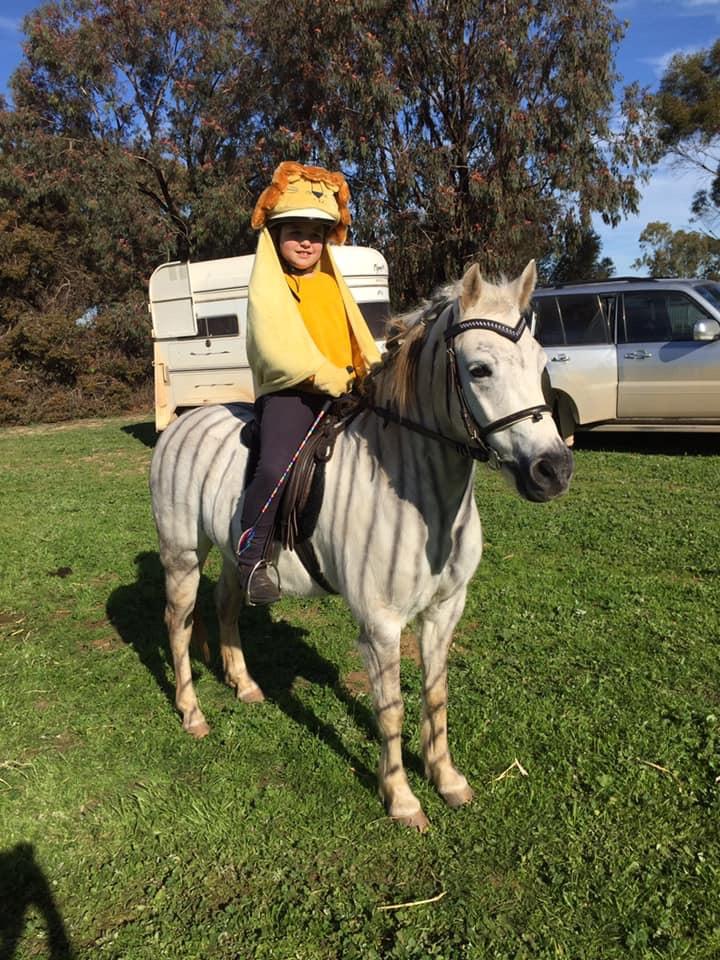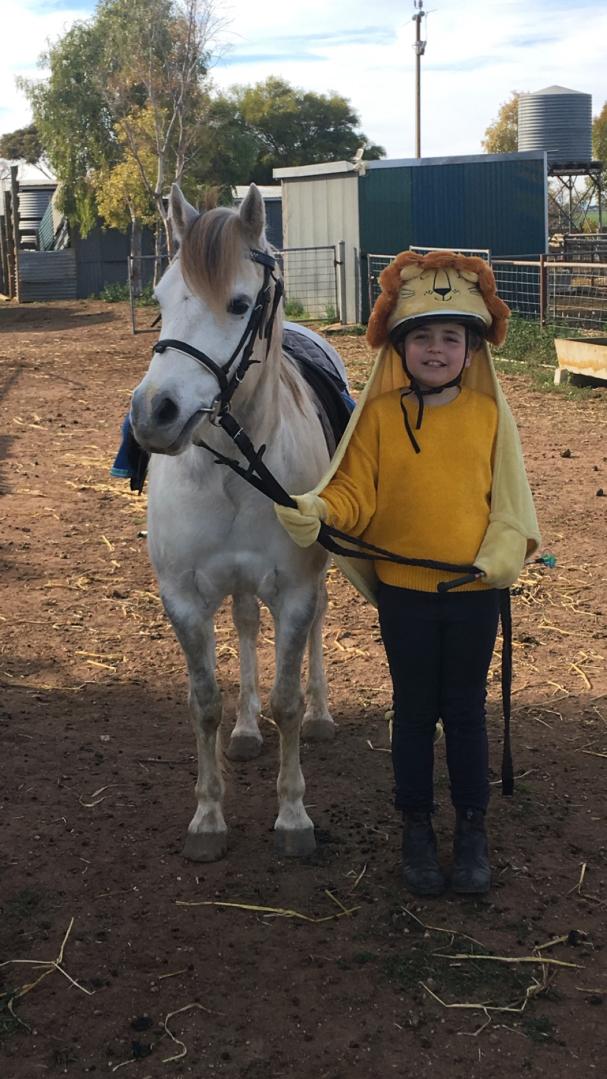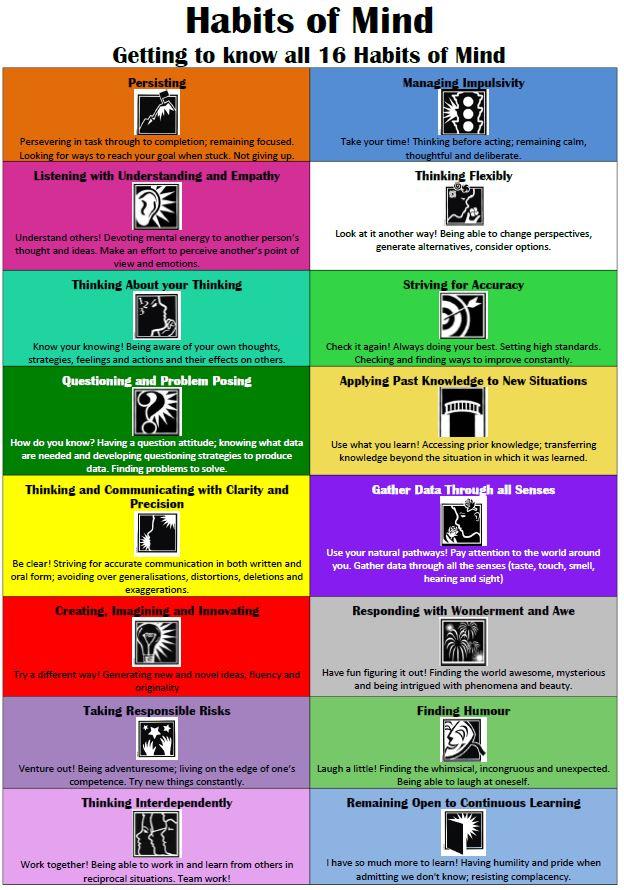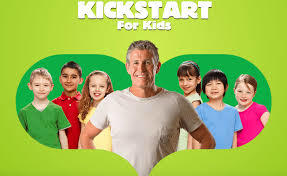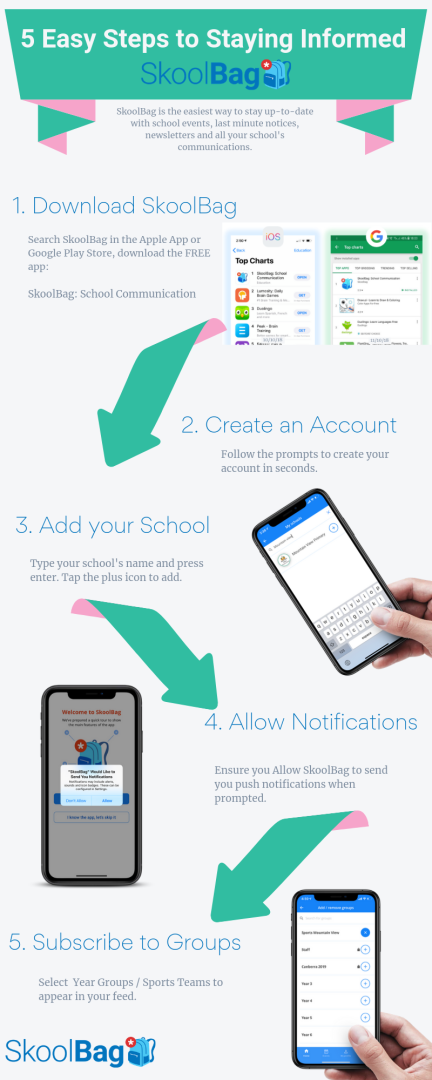Some background
Levelled readers are organised into levels (referred to either by a number, colour or letter) that developmentally scaffold in difficulty. They are an important tool educators use to support children in becoming balanced readers. Children begin on a levelled reader in Reception at some point, and continue to do so throughout their primary schooling. Once upon a time, children would transition from levelled readers in the lower middle primary, however, what we know from the literacy priority work we have done is that leveled readers were never designed to be used this way. As mentioned in previous newsletters, we now use a benchmark assessment system which is far more rigorous in terms of the expectations required to move up levels. We also resist moving children too quickly across levels to ensure they are reading a range of text types across the levels. We also teach children specific skills throughout the levels in both 'modelled - greater teacher control and 'guided reading sessions.
Examples of how levels work
Levels 1, 2, 2/3 are an introduction and reinforcement of 25 - 30 high frequency words, made up of approximately 40 - 60 words in total. They establish concepts about print, there are one to three lines per page with simple sentence structure (one-verb clauses) and use repetition of sentence structure. Texts at these levels are almost always narrative stories with illustrations to provide high levels of support to help derive meaning from the text. A Reception child is expected to reach level 5 by the end of year.
**In Reception/ Year 1 we also make use of 'decode-able readers' which are designed to practise phonics skills in context (for those looking to make connections, in Reception/ Year 1 these readers support with the Speech, Sounds, Pics or SSP program we use).
In levels 17, 18, among a range of different features there is an increasing use of contractions (eg he's, she's, I'll) and the layout of texts become increasingly more difficult. There is repetition of approximately 450 high frequency words and texts are generally between 350 - 500 words in length.
Thank you for your support
Something that isn't a challenge at our school (thanks to you, our parents / caregivers and families) is a consistent push from home to get children moving as quickly as possible. Whilst we will never limit a child in terms of achievement, the danger of moving too quickly is that we don't have the opportunity to teach skills that will support in life-long reading.
A useful attachment - reading level equivalency table
Below is the link to the reading level equivalency table. Within the table you will be able to see how levelled readers (either by colour, number or letter) correspond to both reading age and year level targets.



